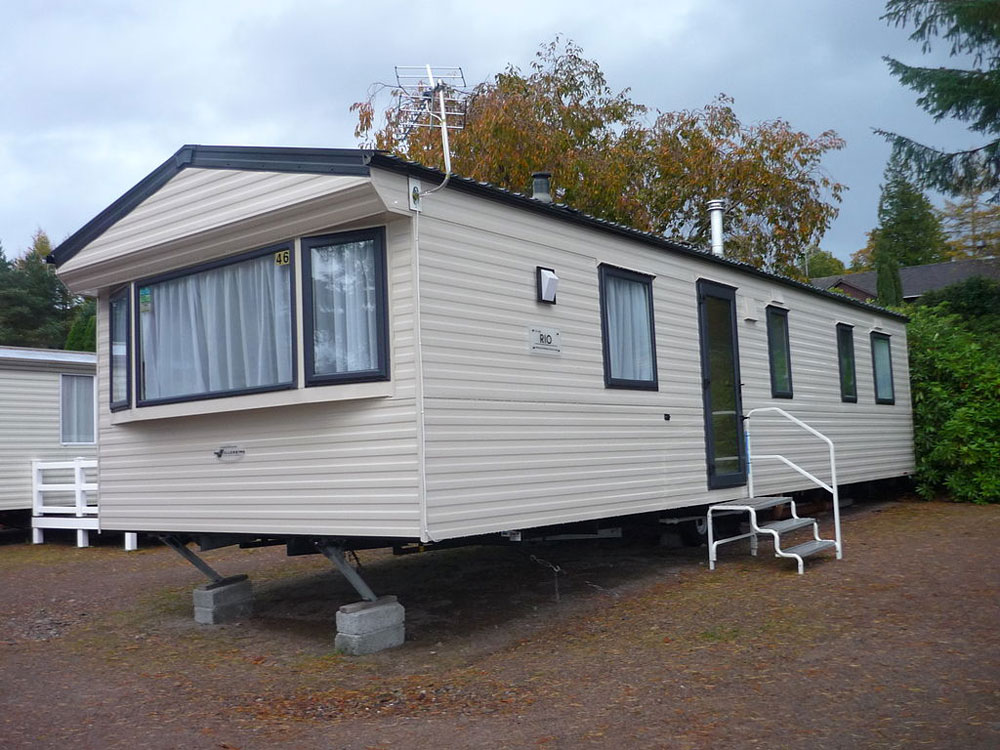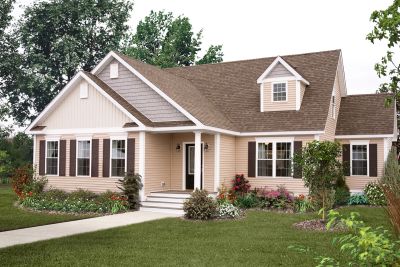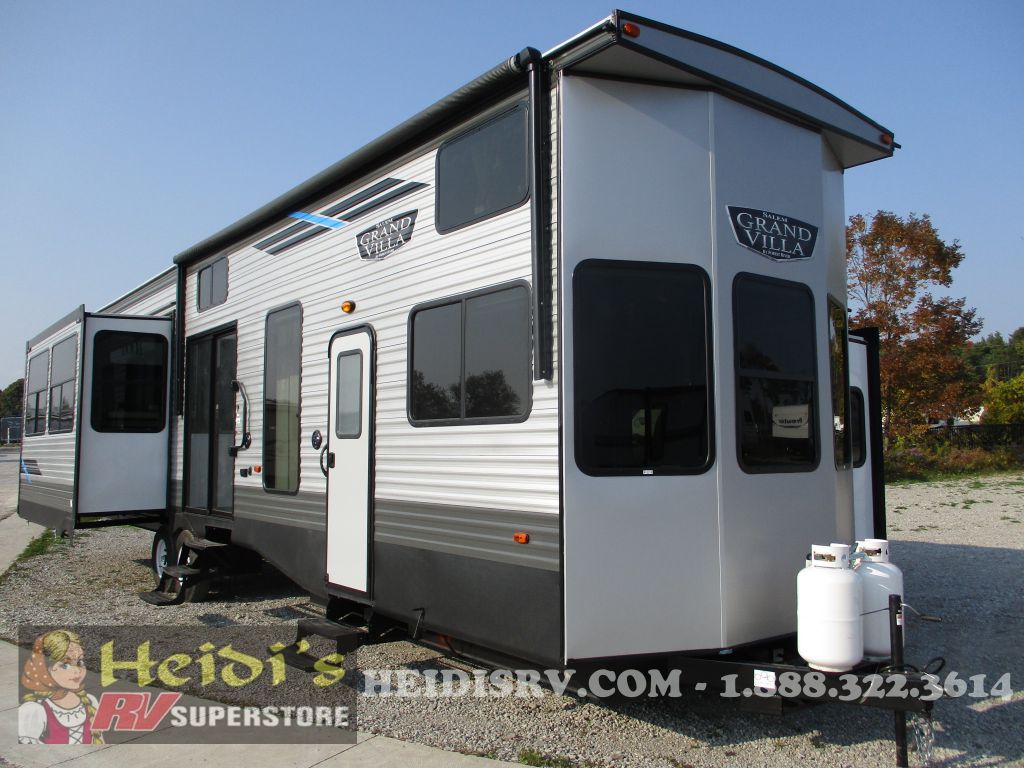It depends on what you want to end up with (and what your municipality allows) but a few definitions.
A mobile home isn't really mobile. Most of them are 12' wide which means wide/oversize load permits to get them to your property. Once there, you have to set them up on some sort of cribbing. Double-wides can come in widths of 8', 10', or 12'. Most double wides are two lengths of 12' to make a 24' wide home. The other thing about mobile homes (as a used purchase) is that they often have a great deal of labor and stuff involved with re-mobilizing them. When you see a mobile home being delivered on the highway, nearly always they use some combination of jacks and cranes to set the home in place, then they remove the axles and take them to attach to the next delivery. This is why you so often see hundreds of "free mobile home" ads online. "Free house" means "I ain't paying to move this E36 M3, maybe someone wants it for free."

The term Modular Home has many nebulous meanings. Technically a double wide is a modular home. But the term modular home most often refers to a home that is built in 8, 10, or 12' boxes and assembled on-site with a crane. Instead of a single-story mobile home or double wide, they can be assemled just like a real, stick-built house in separate sections, then you screw them together on site. For example, this company makes modular homes, and they look like a regular stick-built house. They assembled the house in a factory in sections that they could trailer to the lot and use a crane to put them together like a puzzle. Like this:

Many Tiny Homes are designed to be truly mobile, which means they have a max width of 8'6" to avoid needing a permit.

Container homes are built-on site and usually require a large amount of metal fab/welding. Containers are usually 8' or 10' wide, so if every room were only 8' wide, I don't think your AirBnB would be very successful. I have lived in 8' wide RVs and I don't mind it, but it's not a luxury experience. You would be limiting your client base to people who want to live in a cramped space.
/cdn.vox-cdn.com/uploads/chorus_image/image/68057915/iStock_1133768876.0.jpg)
Some of the manufacturers that do both RVs and Mobile homes (like Fleetwood) got smart and started making tiny homes. They aren't cheap, but if you buy carefully, you can tow them to your property with an F350 and be done. They will probably last about 6-10 years and they'll be wasted.
When it comes to towable homes in the RV world, there are a few terms to know.
- RV. This is where you hitch up and take off for a camping week. It could be a wee little pop up, all the way up to a 40-ish foot trailer with four slide-outs.
- Park Model. These are basically really big RV trailers that are engineered primarily for taking it to a permanent campsite and you just leave it there. Usually in the 30-40' range, but still under 8'6" wide so you don't need a permit.
Park model example:

TL;DR... figure out what you want to have and what your local laws allow. But to get you started, anything over 8'6" width and (varies by state) anything over about 53' long will require professional delivery with oversized load permits, and possibly paid escort vehicles. I forget if CA requires it, but some types of permit loads require police/CHiPs escorts as well.... which you pay for. That was one of the reasons container homes became popular. They were 8x40 and you could find a buddy with a CDL to drop them off and you could fab.












/cdn.vox-cdn.com/uploads/chorus_image/image/68057915/iStock_1133768876.0.jpg)

































